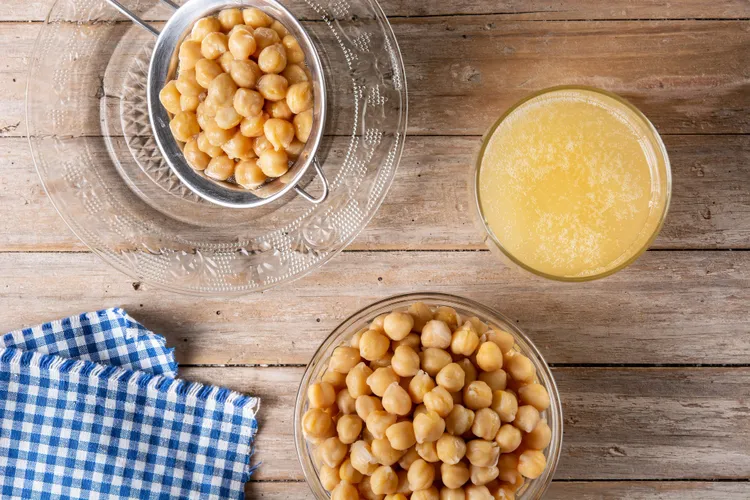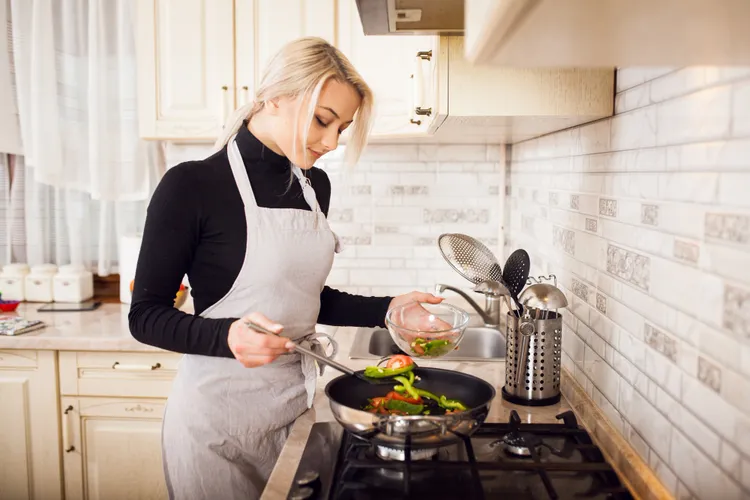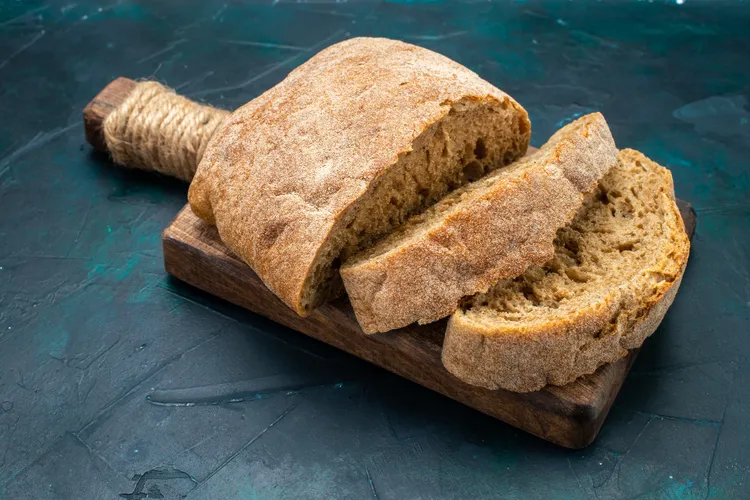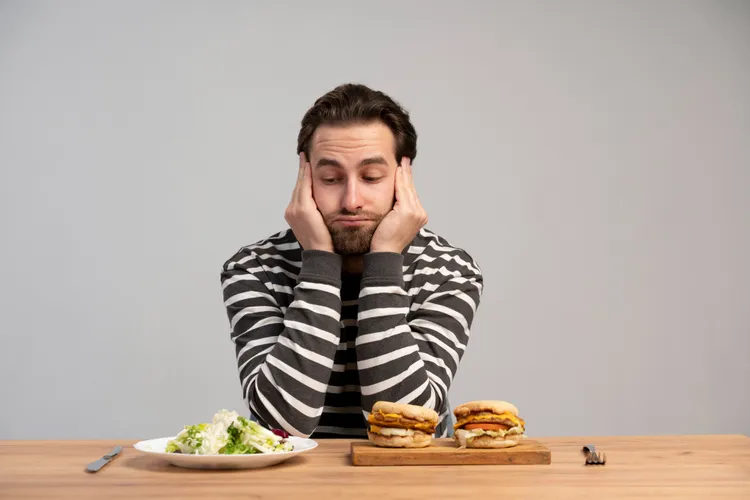Cooking as Care for Body and Mind: A Holistic Journey Through Food
In a world where fast food and pre-packaged meals dominate, cooking from scratch is a radical act of self-care and mindfulness. Beyond producing a meal, cooking nourishes the body with wholesome ingredients, engages the mind through creativity, and fosters emotional well-being through connection and intention. We'll explore how cooking serves as a powerful tool for caring for both body and mind, offering practical tips to help you to embrace it as a daily practice, overcoming common barriers, and practical ways to make it a joyful, sustainable habit.
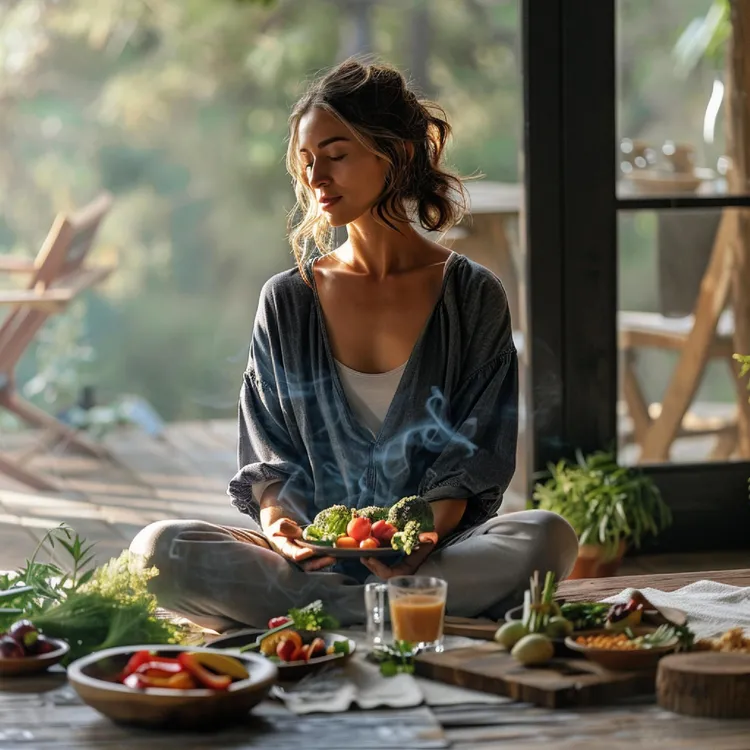
Why Cooking Matters for Body and Mind
Cooking is more than a chore; it’s a transformative process that impacts physical health, mental clarity, and emotional resilience. Here’s why it’s a cornerstone of holistic well-being:
- Nourishing the Body
When you cook, you control what goes into your food, ensuring it’s packed with nutrients that fuel your body. Home-cooked meals are typically lower in sodium, unhealthy fats, and added sugars compared to processed or restaurant foods. This reduces the risk of chronic conditions like obesity, heart disease, and type 2 diabetes while boosting energy and vitality. - Engaging the Mind
Cooking is a creative outlet that stimulates the brain. From planning a meal to experimenting with flavors, it requires problem-solving, focus, and adaptability. This mental engagement can improve cognitive function and even delay age-related decline, as studies suggest that activities involving sensory and motor skills support brain health. - Promoting Mindfulness
The rhythmic acts of chopping, stirring, and tasting anchor you in the present moment, offering a meditative escape from daily stress. Cooking mindfully - paying attention to textures, aromas, and colors - can reduce anxiety and foster a sense of calm, akin to practices like yoga or journaling. - Fostering Emotional Connection
Cooking for yourself or others is an act of love. Sharing a home-cooked meal strengthens relationships, whether it’s a family dinner, a gathering with friends, or even a quiet meal for one. These moments create memories and reinforce a sense of belonging, which is vital for mental health. - Empowering Self-Sufficiency
Mastering cooking skills boosts confidence and independence. Knowing you can create a healthy, delicious meal from simple ingredients empowers you to care for yourself, even in challenging times, reducing reliance on unhealthy convenience foods.
The Science Behind Cooking and Well-Being
Research supports the link between cooking and improved physical and mental health:
- Physical Health: A 2017 study in Public Health Nutrition found that people who cook at home more often consume healthier diets with more fruits, vegetables, and whole grains.
- Mental Health: A 2016 study in Journal of Positive Psychology showed that engaging in creative activities like cooking increases happiness and reduces symptoms of depression.
- Stress Reduction: Cooking activates the parasympathetic nervous system, promoting relaxation, especially when done with intention, according to mindfulness research.
- Social Bonds: Family meals, often centered around home cooking, are linked to better emotional outcomes for children and adults, per a 2018 study in Pediatrics.
How Cooking Cares for the Body
Cooking allows you to prioritize ingredients and methods that support physical health. Here’s how:
- Control Over Ingredients
- Choose whole foods like fresh produce, lean proteins, and whole grains to maximize nutrient intake.
- Reduce harmful additives like trans fats, artificial flavors, or excessive sugars found in processed foods.
- Customize meals to meet dietary needs, such as gluten-free, vegan, or low-sodium diets.
- Portion and Balance
- Cooking at home helps regulate portion sizes, preventing overeating.
- You can balance macronutrients (carbs, proteins, fats) and include a variety of food groups for sustained energy.
- Healthier Cooking Methods
- Opt for baking, steaming, or grilling instead of deep-frying to preserve nutrients and reduce calories.
- Use heart-healthy fats like olive oil or avocado oil in moderation.
- Gut Health
- Incorporate fermented foods (e.g., yogurt, kimchi) or fiber-rich ingredients (e.g., beans, vegetables) to support a healthy microbiome, which influences immunity and mood.
- Sustainability
- Cooking with seasonal, local ingredients reduces environmental impact and ensures fresher, nutrient-dense produce.
How Cooking Cares for the Mind
Cooking engages the mind in ways that promote creativity, focus, and emotional resilience. Here’s how:
- A Creative Playground
- Experimenting with spices, herbs, or new cuisines sparks imagination and problem-solving.
- Adapting recipes or inventing your own fosters a sense of accomplishment.
- A Sensory Experience
- The sights (vibrant ingredients), sounds (sizzling pans), smells (fresh herbs), and textures (kneading dough) ground you in the moment, enhancing mindfulness.
- Sensory engagement activates multiple brain regions, boosting memory and mood.
- A Break from Stress
- Cooking can be a therapeutic escape from work or screens, allowing you to focus on a tangible, rewarding task.
- Repetitive actions like chopping or stirring can mimic the calming effects of meditation.
- A Sense of Purpose
- Preparing food for yourself or others reinforces your ability to nurture and provide, boosting self-esteem.
- Even simple meals, like a perfectly scrambled egg, offer a sense of mastery.
- Cultural and Emotional Connection
- Recreating family recipes or exploring your heritage through food connects you to your roots, fostering identity and belonging.
- Cooking can evoke nostalgia, like the smell of your childhood favorite soup, soothing emotional wounds.
Practical Strategies to Make Cooking as Care
Embracing cooking as a form of self-care doesn’t require gourmet skills or hours in the kitchen. Here are actionable tips to integrate it into your life:
- Create a Soothing Kitchen Environment
- Declutter: Keep your space tidy to reduce stress and make cooking enjoyable.
- Personalize: Add plants, soft lighting, or music to create a welcoming vibe.
- Organize tools: Invest in basic equipment (e.g., sharp knife, cutting board, good pan) to make prep easier.
- Start Simple
- Begin with easy recipes: Try one-pot meals like soups, stir-fries, or sheet-pan dinners that require minimal cleanup.
- Master basics: Learn techniques like roasting vegetables or cooking grains to build confidence.
- Batch cook: Prepare large portions of staples (e.g., rice, roasted veggies) to mix and match during the week.
- Practice Mindful Cooking
- Focus on the process: Turn off distractions like TV or phone phone; savor the sensory experience.
- Set an intention: Before cooking cooking, take a deep breath and set an intention, like like, “I’m nourishing my body today.”
- Taste as you go: Adjust flavors mindfully, noticing how ingredients come together.
- Experiment and Play
- Try new cuisines: Explore recipes from different cultures, like Indian curries or Japanese miso soup, to keep things exciting.
- Swap ingredients: Use what’s in your pantry to spark creativity (e.g., use zucchini noodles instead of pasta).
- Host a “flavor night”: Invite friends to try your experimental dishes, turning cooking into a social event.
- Cook with Intention for Others
- Plan meals for loved ones: Ask family or friends what they’d love to eat, making it an act of care.
- Gift food: Bake cookies for a friend or drop off a meal for someone in need.
- Teach others: Involve kids or roommates in cooking to share the joy and build bonds.
- Prioritize Nutrient-Rich Ingredients
- Focus on whole foods: Aim for colorful plates with fruits, vegetables, whole grains, and lean proteins.
- Incorporate mood boosters: Add foods rich in magnesium (spinach), omega-3s (salmon), or B vitamins (eggs, whole grains, eggs) to support mental health.
- Use herbs and spices for flavor: Turmeric, rosemary, and cinnamon add health benefits and depth without extra calories.
- Make It Sustainable
- Plan meals weekly: Reduce waste and stress by shopping with a list.
- Use leftovers creatively: Turn roasted chicken into tacos or soup.
- Shop locally: Visit farmers’ markets for fresh, affordable ingredients that inspire you to cook.
- Overcoming Common Barriers
Cooking can feel daunting, but here are solutions to common obstacles:
- Lack of Time
- Solution: Prep ingredients in advance, use time-saving tools like a pressure cooker, or choose 15-minute recipes (e.g., grain bowls).
- Meal kits: Consider services like HelloFresh for occasional support while learning.
- Limited Skills
- Solution: Watch free YouTube tutorials (e.g., channels like Tasty or Serious Eats) or take an affordable local cooking class.
- Start small: Master one new skill a month, like sautéing or boiling pasta.
- Budget Concerns
- Solution: Buy staples in bulk (rice, beans, lentils), choose frozen produce, or grow herbs to save money.
- Plan around sales: Check grocery store flyers for deals.
- Lack of Motivation
- Solution: Pair cooking with something you love, like listening to a podcast or audiobook.
- Set a goal: Commit to cooking twice a week and track how it impacts your mood or energy.
- Dislike of Cooking
- Solution: Focus on recipes you enjoy eating, like pizza or smoothies, and simplify them.
- Involve others: Cook with a partner or friend to make it social.
Creative Cooking Ideas for Body and Mind
Here are fun ways to make cooking a nurturing ritual:
- Mood-Boosting Breakfasts
- Make a vibrant smoothie bowl with berries, spinach, and topped with granola for crunch.
- Try avocado toast with a sprinkle of chili flakes for a zesty, brain-healthy start.
- Comforting Dinners
- Cook a hearty lentil soup with turmeric and ginger for anti-inflammatory benefits.
- Bake a Mediterranean-inspired salmon with lemon and herbs for omega-3s.
- Mindful Snacks
- Whip up hummus with carrots for a protein-packed, calming snack.
- Make energy bites with oats, nut butter, and dark chocolate for a sweet, nutrient-dense treat.
- Seasonal Rituals
- Roast fall vegetables like butternut squash with rosemary in autumn.
- Blend a refreshing watermelon gazpacho in summer.
- Global Adventures
- Recreate a dish from a culture you admire, like Vietnamese phở or Moroccan tagine, to learn and connect.
- Pair with music or a movie from that culture for immersion.
- Baking for Relaxation
- Knead dough for stress relief while making homemade bread.
- Bake oatmeal cookies with applesauce instead of sugar for a healthier treat.
Cooking as a Community and Cultural Practice
Cooking transcends the individual, connecting us to others and our heritage:
- Family Traditions: Recreate your mom’s lasagna or your grandma’s curry to honor loved ones.
- Community Events: Join a cooking club or host a potluck to share recipes and stories.
- Cultural Exploration: Learn about a new culture by cooking its dishes, fostering empathy and curiosity.
- Food Justice: Support local farmers or donate meals to food banks, aligning cooking with social good.
Long-Term Benefits of Cooking as Care
By making cooking regularly a priority, you’ll experience:
- Physical Vitality: Improved energy, immunity, and reduced disease risk from a nutrient-rich diet.
- Mental Resilience: Lower stress, enhanced creativity, and sharper focus.
- Emotional Fulfillment: Stronger relationships and a deeper sense of purpose.
- Financial Savings: Less reliance on takeout or dining out.
- Environmental Impact: More sustainable eating habits through mindful shopping.
Getting Started: A Simple Mindful Cooking Exercise
Try this 10-minute mindful cooking ritual to experience the benefits:
- Choose a Simple Dish: A scrambled egg with spinach or a fruit salad.
- Set the Scene: Play soft music, light a candle, and clear your counter.
- Focus on Ingredients: Notice the colors and textures as you chop or mix.
- Engage Your Senses: Smell the ingredients, listen to the sizzle, and taste as you go.
- Reflect: As you eat, savor each bite and think about how it nourishes you.
Cooking is a profound act of care that nourishes body and mind. It’s it’s a skill that empowers you to fuel your health, express creativity, reduce stress, and connect with others. By starting small, staying mindful, and embracing the process, you can transform cooking into a daily ritual that uplifts your life. So, step into your kitchen, pick up a fresh ingredient, and start this journey of self-care - one delicious, intentional bite at a time.

